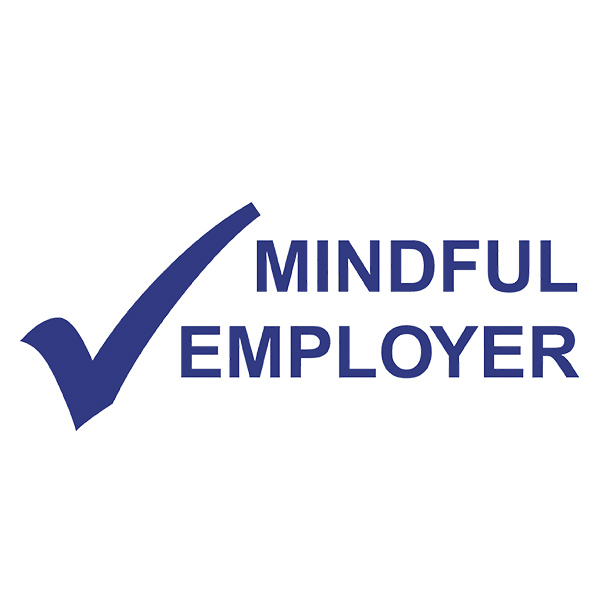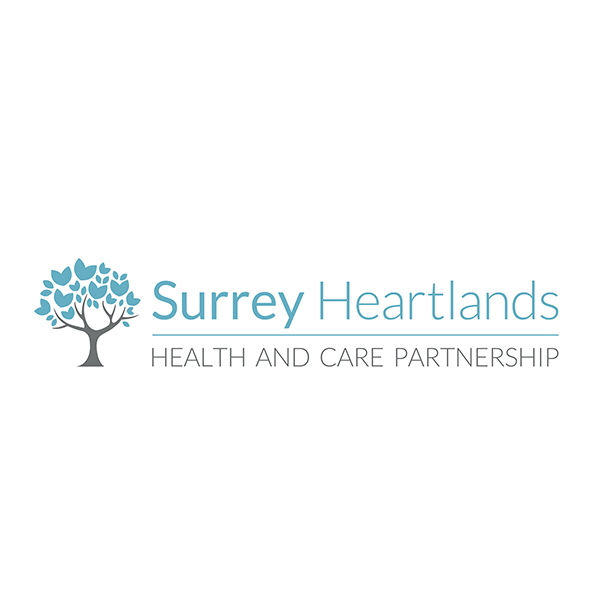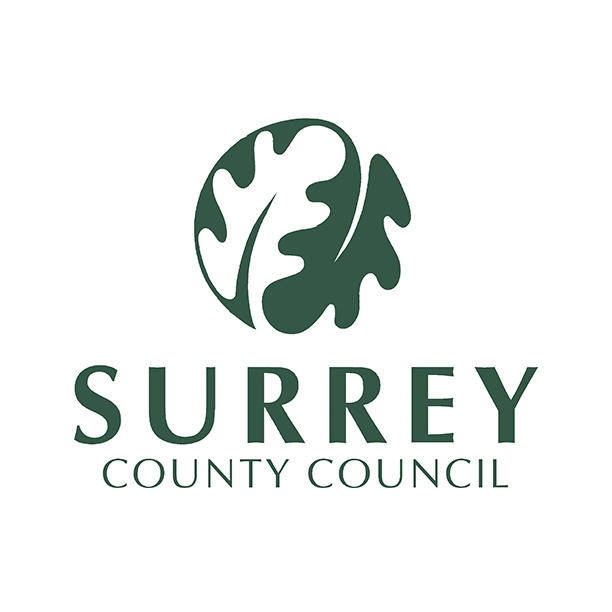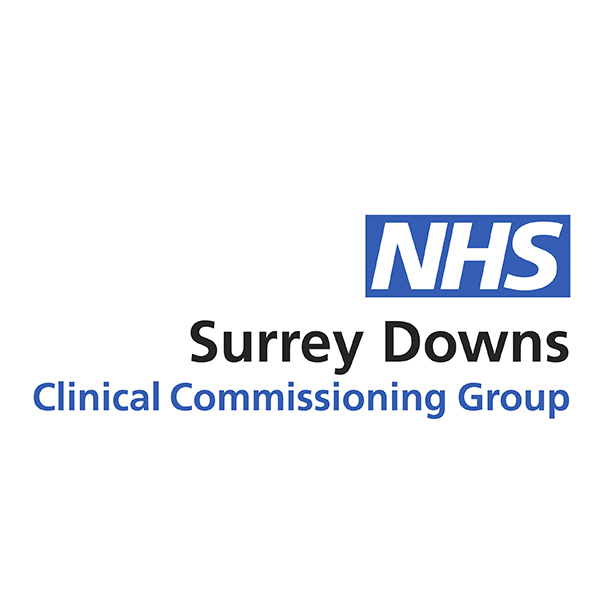-
What Post-Natal OCD Looks Like

-
To mark World Maternal Mental Health Day (3 May 2023), we wanted to raise awareness of the importance of looking after your mental health when becoming a parent. While a lot of people mention “baby blues” as a natural response to the sudden responsibility of looking after a baby and hormonal changes, more serious mental health conditions can also develop, such as post-natal depression, post-natal OCD and post-natal psychosis to name a new. These conditions are all treatable and can be overcome with the right support of mental health professionals which is why it is very important to seek help as soon as possible.
When Kate had a baby, she experienced daily anxious thoughts that were so crippling that she struggled to leave the house or leave her baby, even with her husband. Too afraid at first, she delayed getting help for a year until she reached crisis point. Through cognitive behavioural therapy she managed to overcome her Post-Natal OCD. This blog tells her story.
Content and trigger warning: this post contains some imaginary references of violence and death. While they are not real, they may affect more sensitive readers.
“It was a warm summer’s day, my new baby was just drifting off in his pram as we walked into town.
Some young people walked past the pram and in one swift movement threw acid all over my baby.
The massive road sign that we walked under became loose and fell, slicing my baby in half.
A car was driving too fast and mounted the curb ploughing into us, sending the pram flying against the brick wall, crushing my baby.
A silent electric scooter raced up behind us at immense speed, not realising there was a pram in front of me, there was an almighty crash that ended in disaster.
We entered the shopping centre and someone grabbed my baby and threw him over the balcony.
One night, I sleep walked for the first time in my life, picked up my baby and threw him out of the top window.
…
None of these things happened in real life.
These were just some of the daily intrusions that entered my brain and caused me debilitating, crippling anxiety about leaving the house.
I lived with these intrusions for a year before seeking help. It took a year because I was scared of judgement, worried they would think I was going to harm my baby, when that couldn’t have been further from the truth. I was crippled with the pressure of trying to keep him safe. I was at breaking point. I waved the white flag and asked my GP for help. I was then immediately diagnosed with Post-Natal Obsessive Compulsive Disorder (OCD).
Phew. There was a logical explanation for all this.
I was quickly enrolled onto cognitive behavioural therapy (CBT). The sessions were highly emotive and quite brutal, but I had a wonderful therapist. He started teaching me, as he would a professional colleague of his, which really helped me feel ‘normal’ and wasn’t patronising at all. He showed me slides of what OCD is, how the brain works, what CBT can do to help. The homework was exhausting, but important. I had to really push myself out of my comfort zone, I had to leave my baby for a minute and then build up to longer periods, and after six weeks I was discharged with a mental toolbox on how to cope and how to bat the intrusions away.
I still get the intrusions, every day, but now I can put them in a box and throw them far enough that they aren’t in my way anymore.
I have mantras that I repeat daily, reassuring myself that I am ok and this is just an evil trick my brain is playing.
My son has just turned four. He is happy, healthy and safe.
I’ve won.”
Below is an image that best sums up what Kate felt like when experiencing her postnatal OCD:
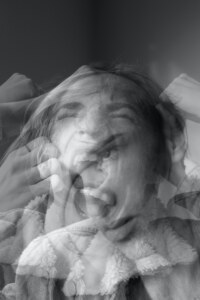
Want to blog for us?
Did this inspire you to share your story? If you would like to contribute to this blog series, please email Connie, our Communications Lead, at connie@maryfrancestrust.org.uk. The blogs can be poems, song or videos – whatever format you feel most comfortable with!
Share


